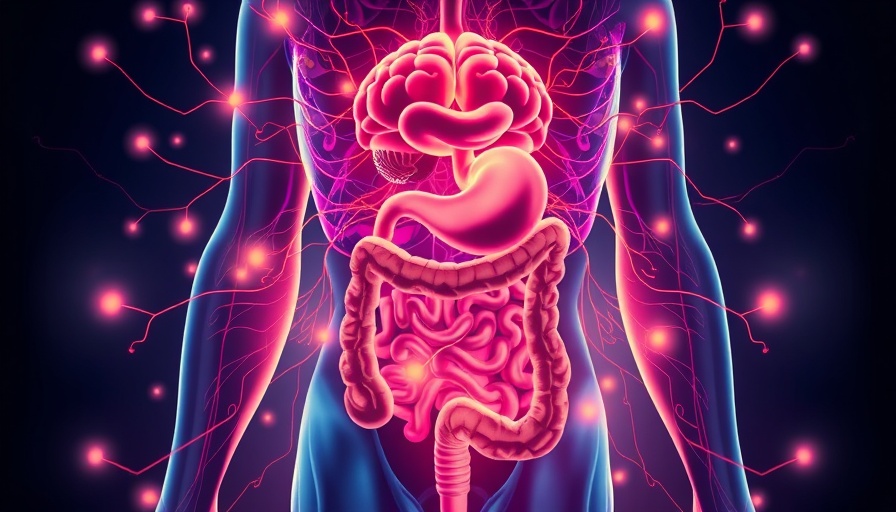
The Surprising Role of Butyrate in Brain Health
Butyrate, a short-chain fatty acid, is gaining attention for its significant role in the gut-brain axis, a connection between our digestive system and mental health. Emerging research indicates that butyrate, produced during the fermentation of dietary fibers by gut bacteria, may not only influence mood but also cognitive functions. Specifically, it has been linked to reducing inflammation in the brain and promoting neuroregeneration—helping to maintain and enhance our mental faculties.
How Gut Health Impacts Mood
A healthy gut can lead to a healthier mind. The gut microbiome produces neurotransmitters that communicate with our brain, impacting our mood and feelings. When gut bacteria ferment fiber, they generate butyrate, which serves as an energy source for our colon cells and possesses anti-inflammatory properties. This process underscores why incorporating fiber-rich foods can be a natural strategy to boost mental health.
Practical Ways to Increase Butyrate Production
To harness the benefits of butyrate, consider adding more fiber to your diet. Foods such as oats, bananas, legumes, and various vegetables are excellent sources. Fermented foods like yogurt and kefir can also positively influence gut health. Lastly, staying hydrated is crucial, as water helps the fermentation process, making the gut environment optimal for beneficial bacteria.
The Future of Mental Health Awareness
The interconnection between gut health and mental well-being highlights the importance of holistic approaches to mental health care. As more studies emerge, understanding how diet influences our mood opens new doors for mental health treatments that incorporate nutritional strategies alongside traditional therapies.
Incorporating butyrate-rich foods into your diet could be a small yet powerful way to boost your cognitive functions and overall mood. Empower yourself with knowledge, and let's take proactive steps toward a healthier mind and body!
 Add Row
Add Row  Add
Add 

 Add Row
Add Row  Add Element
Add Element 




Write A Comment